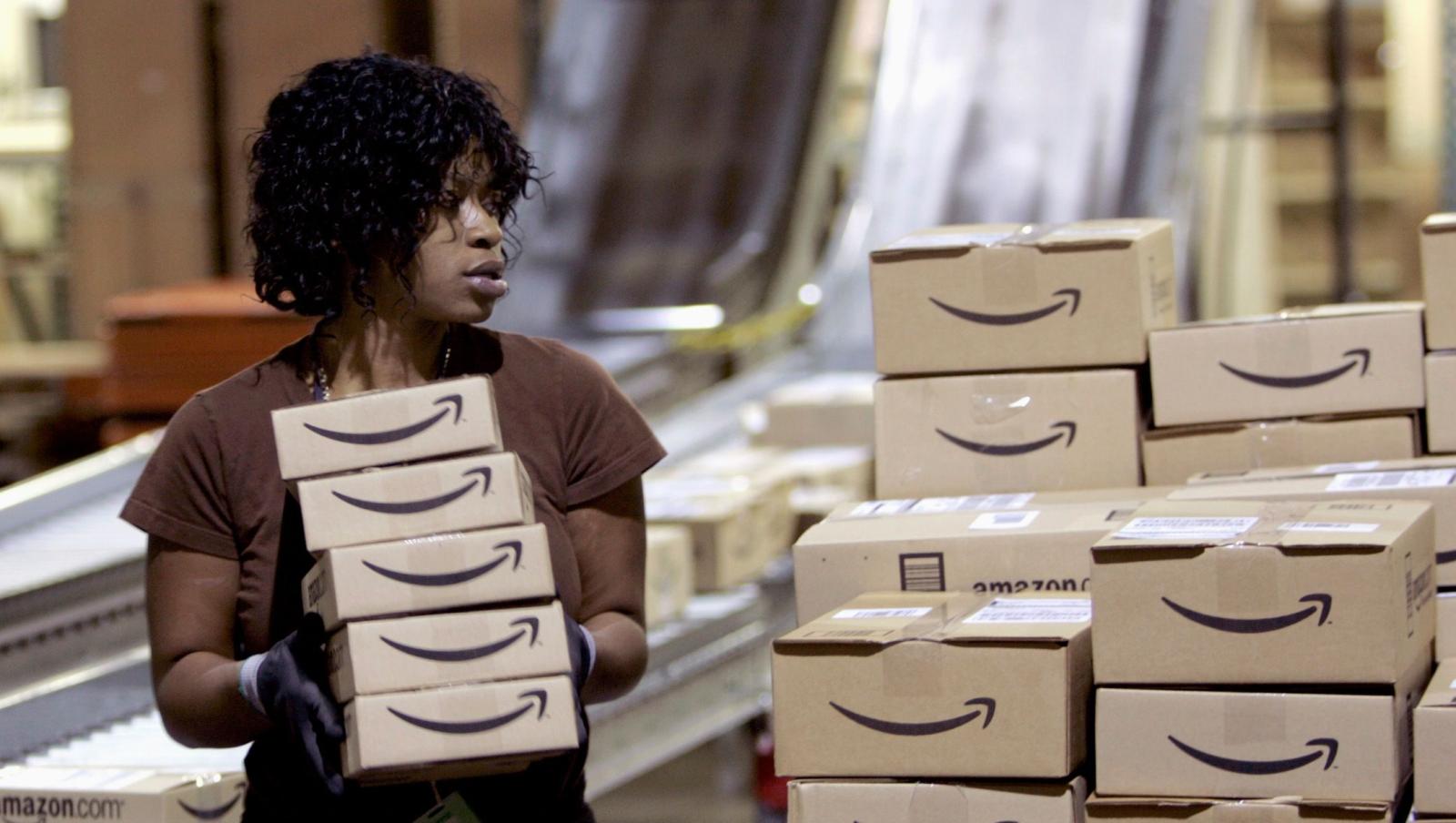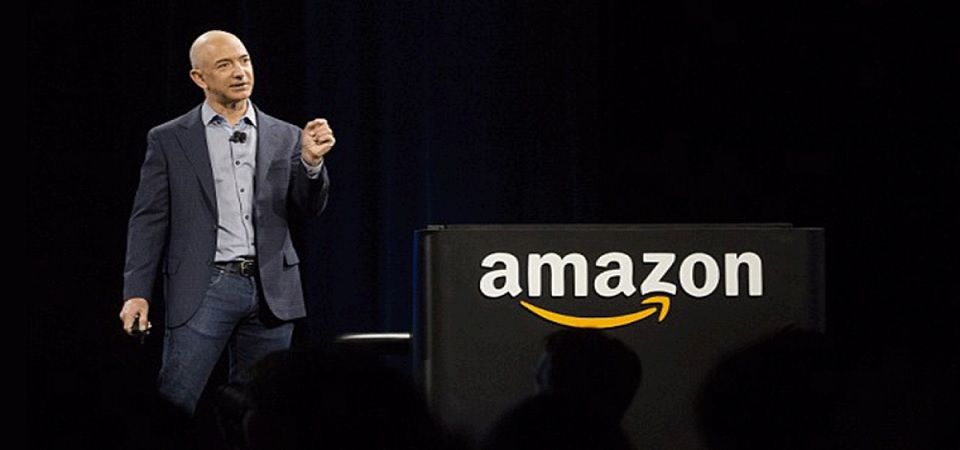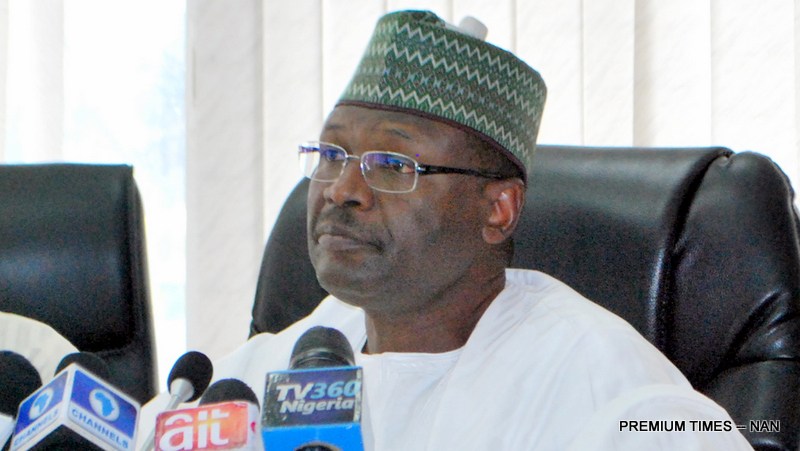You may not like it but Africa is still ruled by cash. Yes, according to a report by MasterCard and the Fletcher School, “of the $301 billion of funds flows from consumers to businesses in Nigeria, 98 percent is still based on cash.” That is a huge number: 98%. For great companies, you work towards that digital future but you must also plan to participate in the one currently available today.
According to MasterCard and The Fletcher School, “of the $301 billion of funds flows from consumers to businesses in Nigeria, 98 percent is still based on cash.” Fintech will not merely have to move those $295 billion-worth cash transactions online/digital; it must create new value in the process. MPESA did not just digitize payment in Kenya; it added value upon the payment layer. For the whole of Africa, we should be hitting excess of additional $150 billion on economic growth by 2022. That is why investors are pumping money into African fintech startups: lots of money to be made.
Amazon has the memo: the ecommerce pioneer has unveiled Amazon PayCode which enables shoppers in Africa to pay with cash via local Western Union retail agents. Simply, you like that shoe on Amazon.com but no international debit card, simply visit your WUMT agent and pay Amazon for it with cash. Amazon then ships.
The e-commerce giant has rolled out a service that will allow customers to purchase goods and then pay for them at a local Western Union retail agent. During checkout, a special QR code will be generated that will be used to verify the customer’s identity and matched to the order confirmation for payment. Dubbed Amazon PayCode, the cross-border payment option has been launched in Kenya in Africa, along with nine other countries in Asia and Latin America.
Amazon certainly made that call after looking at the slow pace of digital payment evolution in Africa. As I explained to a U.S. executive yesterday, the total offline (consumer) lending done in Nigeria is many multiples bigger than what the digital startups are doing. Yes, the money is still offline and if you want to play in the game, you must get offline immediately. Amazon has taken the message to its shoppers: now, not having a debit card should not be a problem. This is simply Cash for Delivery executed with a brand everyone knows; Amazon will win more shoppers across Africa as it ramps up this.
As everyone knows, the last battle will be Africa. Google is competing, Alibaba is coming and Amazon does not want to miss the game. When you add that WhatsApp is evolving as a payment ecosystem, you get the picture. Our indigenous players like Paystack, Flutterwave, etc must get ready to battle.
The Seattle-headquartered company could also be following in the footsteps of global tech giants who have all looked to Africa to deepen their presence and increase their revenue. Besides pioneering a project to deliver internet to remote areas, Google last year integrated Kenya’s M-Pesa mobile money service as a form of payment in its store. Chinese e-commerce giant Alibaba has also been keen on Africa and recently launched deals with the Rwandan government to boost e-commerce, trade, and tourism.
$295 Billion Reasons Why Investors Like Nigerian Fintech Startups








